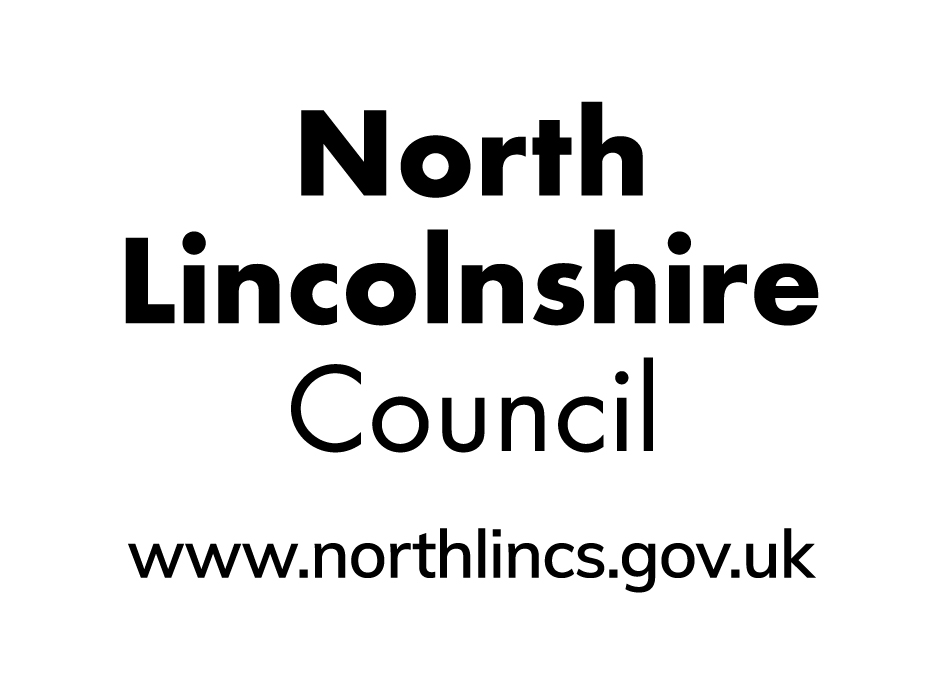What is an Education, Health and Care (EHC) Needs Assessment?
An Education Health and Care (EHC) Needs Assessment is a detailed look at:
- the special educational needs of a child or young person
- what your child can and cannot do
- the support he or she may need in order to learn
It includes information from:
- you
- your child
- the early years setting or school
- other professionals who work with or support your child
The Assessment will look at whether your child needs an Education, Health and Care plan (EHCP).
Further information:
Please see the videos on the side of the webpage that explain what EHC Plans are.
An Education, Health and Care Plan is:
- for children and young people (aged up to 25)
- who need more support than is available through special educational needs support
EHC Plans identify educational, health and social needs. They set out the additional support to meet those needs.
The EHC plan puts children, young people and families at the very centre of the process. It makes sure that their views are not only heard, but also understood. The EHCP planning process uses person centered planning. This helps families feel that they are more in control.
An EHC plan is based on coordinated assessments from all of the services involved with your child or young person. The plans focus on outcomes. The plan states how services will work together to meet the needs of your child or young person.
Young people and families have helped to design the plan that we are using. So far people are saying:
- We feel more listened to
- We feel more involved in the decision-making for our child in ways that make sense to us
The Local Offer will ensure that families and practitioners are able to locate what services are available and where these can be accessed so the best level of support can be offered to their child. This allows everyone to make the most of services offered in schools and in the community.
The majority of children and young people with special educational needs can engage, develop and progress with the support from:
- The education provider – schools have designated staff to support children and young people with special educational needs and/or disabilities.
- What is ‘ordinarily available provision’ in school – this is the provision that schools need to make for children and young people with special educational needs and/or disabilities.
- Local Authority support services – teams who specialise in providing support around specific needs.
- The community – support which comes from family, friends and community engagement.
Where provision cannot reasonably be provided through services that are normally available, it may be necessary to apply for an EHC Needs Assessment.
Before a request is made, the first port of contact should be the school SENDCO who is usually best placed to offer support and guidance around what provision is currently in place to support the child or young person and whether they require/may require anything further to allow them to fully engage and develop. Further information can be offered from any other education provider currently working with your child as well as any professional currently involved with the family. Education providers and professionals who are familiar with the family should be able to help to decide whether an assessment is needed.
If it is decided that an EHC request is necessary to support the child or young person. when a request is made it helps those making the decision to know why the family think an assessment is needed and why it is important for the child / young person. It also helps to have good information about the journey of the child / young person so far. There are questions on the request form that help to gather this information.
Sometimes families may find it helpful to talk to Special Educational Needs and Disability, Information and Support Service (SENDIASS). or other voluntary support services when a request for an EHC Needs Assessment is being considered.
Parents and young people over 16 years have the right to request an EHC Needs Assessment independently. This can be done via the Education, Health and Care Hub.
Early years providers, schools, colleges and other bodies can also request assessments. But they can only do this with the knowledge and agreement of the parent or young person (where this is possible).
Our EHCP process diagram [PDF, 96.5Kb] provides details about the assessment process and timescales. If a plan is agreed, it will be reviewed every year although parts of the plan can be reviewed more frequently.
The plan will stay in place until it is no longer needed. It can stay in place until the age of 25.
Support and advice is available throughout the process from the Special Educational Needs and Disability, Information and Support Service (SENDIASS).
When a new Education, Health and Care Plan is required, a range of documents have been developed to gather information in the Assessment process. These will be used when writing the Plan.
The school or educational/early years provider will complete a request for an Education, Health and Care (EHC) Needs Assessment via the Education, Health and Care Hub. This will be discussed with parents and professionals. Possibly at a person-centred review meeting before sending to the local authority. This form will include information to help the local authority decide if an Assessment is necessary. A Guidance booklet for schools and education settings gives advice on completing a referral form.
The local authority will also seek information from the local heath authority and social care services. Both will contribute to the Assessment.
On completion of the Assessment, if a decision is made to issue an EHCP, a draft Education, Health and Care Plan will be produced. The Plan can be more personalised with names/pictures/images as determined by the young person or parent.
Animations to help explain the EHCP Process and Person Centred Connection
With support from the Department for Education, Independent Support has produced two short animation films. These can be used by local authorities, IAS services, IS agencies, professionals and parent groups in their communications with parents and young people.
The purpose of the two animations is to help explain the EHCP process and its important relationship with the Person Centred Connection.
The majority of cases will be discussed at the Special Educational Needs and Disability Panel (SENDAP). This is a multi-agency panel (with representatives invited from education, health and care).
It meets on a weekly basis to consider and make recommendations in relation to EHC needs assessment requests and outcomes.
The panel makes recommendations regarding cases. Although the local authority is responsible for decision making in relation to EHC needs assessments and outcomes.
EHC plans must be reviewed by the local authority every 12 months as a minimum. Reviews must focus on the child or young person’s progress towards achieving the outcomes specified in the EHC plan.
Following the review meeting, the local authority will notify the child’s parent or the young person of the outcome. This will be within four weeks of the review meeting.
More information on reviewing an EHC plan can be found in chapter 9 of the SEND Code of Practice.
It is important that young people start to think about their aspirations as early as possible. Local authorities must ensure that the EHC plan review at Year 9 (and every review thereafter) includes a focus on preparation for adulthood.
Transition planning must be built into the revised EHC plan. It should result in clear outcomes being agreed that are ambitious and stretching. This should follow consideration of any further education or training that will enable young people to:
- get paid work
- or other opportunities for a positive adult life
Young people should be supported to exercise choice and control over their lives. This includes the four ‘preparing for adulthood’ outcomes:
- moving into paid employment and higher education
- independent living
- having friends and relationships and being part of their communities
- being as healthy as possible
More information on the four ‘preparing for adulthood’ outcomes can be found in chapter 8 of the SEND Code of Practice and the Preparing for Adulthood website. Take a look at the Preparing for Adulthood section of this website too.
A local authority may cease to maintain an EHC plan if it determines that:
- it is no longer necessary for the plan to be maintained
- or if it is no longer responsible for the child or young person
Where a local authority is considering ceasing to maintain an EHC Plan, it must consult with:
- the child’s parent
- or the young person
- and the school or other institution that is named in the EHC plan
In line with preparing young people for adulthood, a local authority must not cease an EHC plan simply because a young person is aged 19 or over. Young people with EHC plans may need longer in education or training to achieve their outcomes and make an effective transition into adulthood.
However, this position does not mean that there is an automatic entitlement to continued support at age 19. Or an expectation that those with an EHC plan should all remain in education until age 25.
A local authority may cease a plan for a 19 to 25-year-old if it decides that it is no longer necessary for the EHC plan to be maintained.
More information and guidance on EHCPs beyond the age of 19 can be found in the SEND 19-25 year olds entitlement to EHC plans
Young people over compulsory school age have the right to participate in decisions about the provision that is made for them.
However, some young people will not have the mental capacity to make certain decisions. Under the Children and Families Act, lacking mental capacity has the same meaning as in the Mental Capacity Act 2005. In cases where a person lacks mental capacity to make a particular decision, that decision will be taken by a representative on their behalf.
Further information can be found in the SEND Code of Practice.
Also see the Mental Capacity Act-2005 and Supported Decision Making [PDF, 678Kb]
- EHCP process diagram [PDF, 96.5Kb]
- Developing Outcomes [PDF, 79.3Kb]
- Developing Outcomes Graphic Poster [PDF, 668Kb]
Videos
The video above uses sign language to explain what an Education, Health and Care plan is? This video was created by the NCDS.
This animation video has been co-produced with our children and young people with special educational needs and disabilities from a range of schools in North Lincolnshire
What are Education, Health and Care plans? Watch the video.
What is person centered planning? Watch the video.



